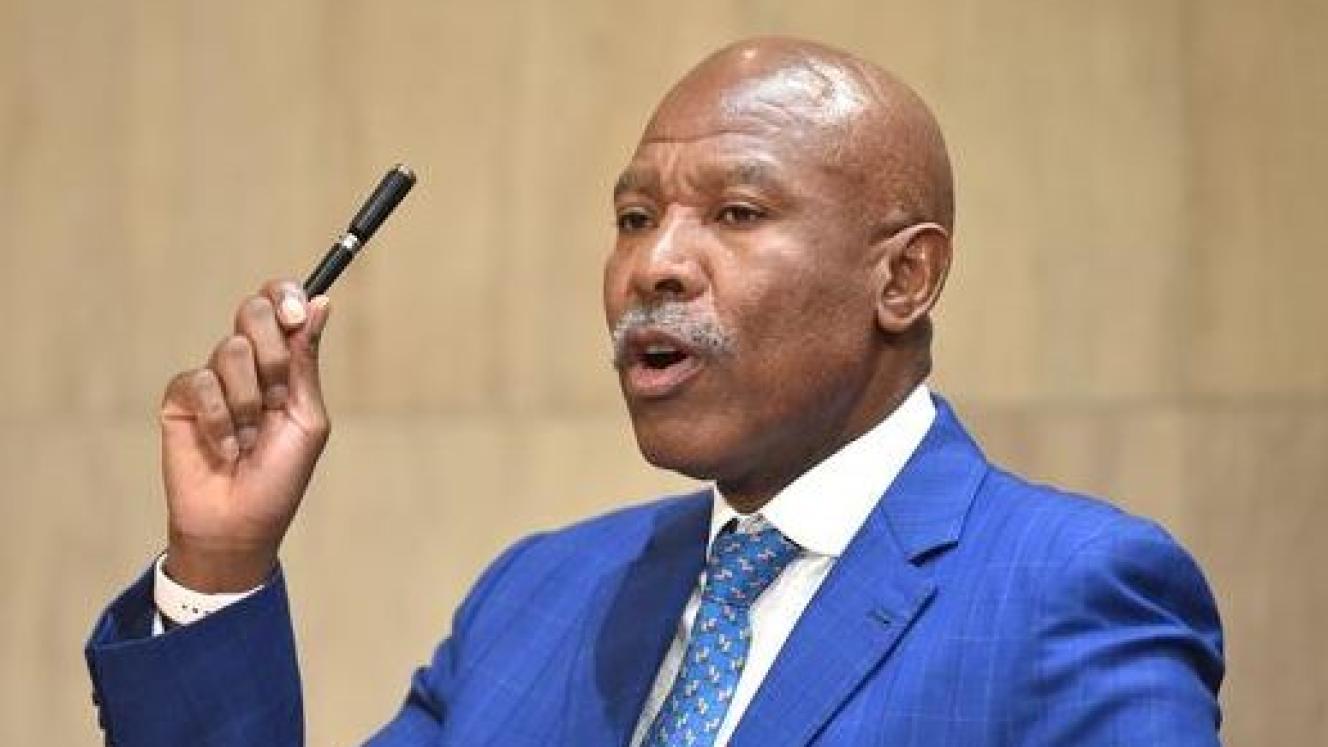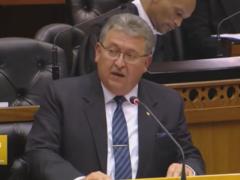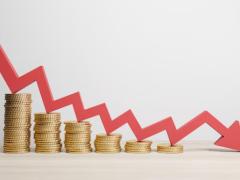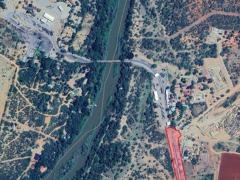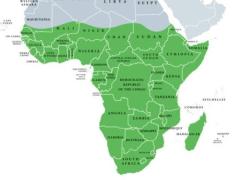JOHANNESBURG, April 14 (ANA) - South Africa's central bank on Tuesday cut interest rates by 100 basis points for the second time in as many months, taking its key repo rate down to 4.25 percent in the latest move aimed at mitigating the negative impact on the economy of a lockdown to curb the spread of Covid-19.
The South African Reserve Bank's (SARB) monetary policy committee (MPC) traditionally holds its meetings once every two months and the next one was scheduled for May, after the previous one in March.
"The May 2020 meeting of the MPC was been moved earlier and took place today," the central bank said in a brief statement.
The cut in the repo rate, at which the SARB lends to commercial banks, means that the banks will, in turn, cut their lending rates to consumers by one percentage point to 7.75 percent.
In its statement, the SARB said it would hold a virtual news conference on the Zoom platform to explain Tuesday's rates decision.
South African government departments have conducted similar online conferences in light of a lockdown imposed from March 27 to try and curb the spread of Covid-19. The lockdown was initially set to last for 21 days but has been extended by two weeks to the end of April.
After March's meeting, the SARB said it had adjusted its economic forecasts to factor in the impact of the coronavirus, and now expected South Africa's gross domestic product to contract by 0.2 percent in 2020.
"At this point, Covid-19 is likely to result in weaker demand for exports and domestic goods and services, but its impact on the economy could be partly offset by lower oil prices," Governor Lesetja Kganyago said at the time.
Tuesday's rate cut saw South Africa's rand currency retreat about one percent against the U.S. dollar, market analysts said. It was last trading at around 18.30/dollar at around 12.30 pm local time.
"Even though SARB has not indicated it formally, we can assume that this move comes as a reaction to the extension to the lockdown and the anticipated effect that it will have on the South African economy," said Bianca Botes, executive director at Peregrine Treasury Solutions.
"It also indicates to us that the SARB is not too concerned about the inflationary pressure that this could cause, given the low level of demand that we are currently witnessing."
Economist Iraj Abedian suggested the rate decrease might not be aggressive enough to ease pressure on the economy.
"It is better late than never that the SARB has cut the rate by another 100 bps (basis points). Certainly a move in the right direction," he posted on his Twitter account.
"I submit they need to do even more. Their gradual response is not as effective as it would have been if they cut the rate by 250 bps or 300 bps a few weeks back.
